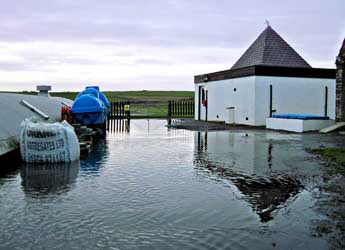In the run-up to this year’s NQ exams we asked some young people how they are preparing for them and some parents how they are supporting their children through them. Over the next few weeks we’ll share their thoughts with you via this Learning Blog.
‘How am I preparing for my exams?
‘I am in S4 and this is the first year that I have had to cope with preparing for exams and up until now I have been trying to keep up with the course work and units which seem to have all come at the same time.
Now I am starting to revise for the actual exams. Some of my teachers are running supported study classes after school. This is good as it lets me ask the teacher some of the stuff I have not quite picked up yet. I am studying at home but I still need to fit in all of my other activities – football training, table tennis and playing the X-box. Doing these other things takes my mind off too much studying. At times my head feels as if it will burst. A set of drums might help!
I am going away at Easter and I will be taking as many books as I can carry. I will have to find time before going out to study. I want to practice with the specimen papers and questions, and look over my course notes. For some subjects, the books and notes are better than the question papers. I still have time when I come back.
I am not stressed one little bit but even if I was taking a penalty in the World Cup I wouldn’t be stressed.’
S4 pupil
(Take a look at the Parentzone website which has information and advice for parents and carers who have children sitting exams in the coming weeks. )




















































 As you will no doubt know, the SQA have published their final documents for National 2 – Higher. In order to support schools in the delivery of key aspects of the new qualifications, Education Scotland has published a suite of practical advice and guidance for teachers and lecturers.
As you will no doubt know, the SQA have published their final documents for National 2 – Higher. In order to support schools in the delivery of key aspects of the new qualifications, Education Scotland has published a suite of practical advice and guidance for teachers and lecturers. 
